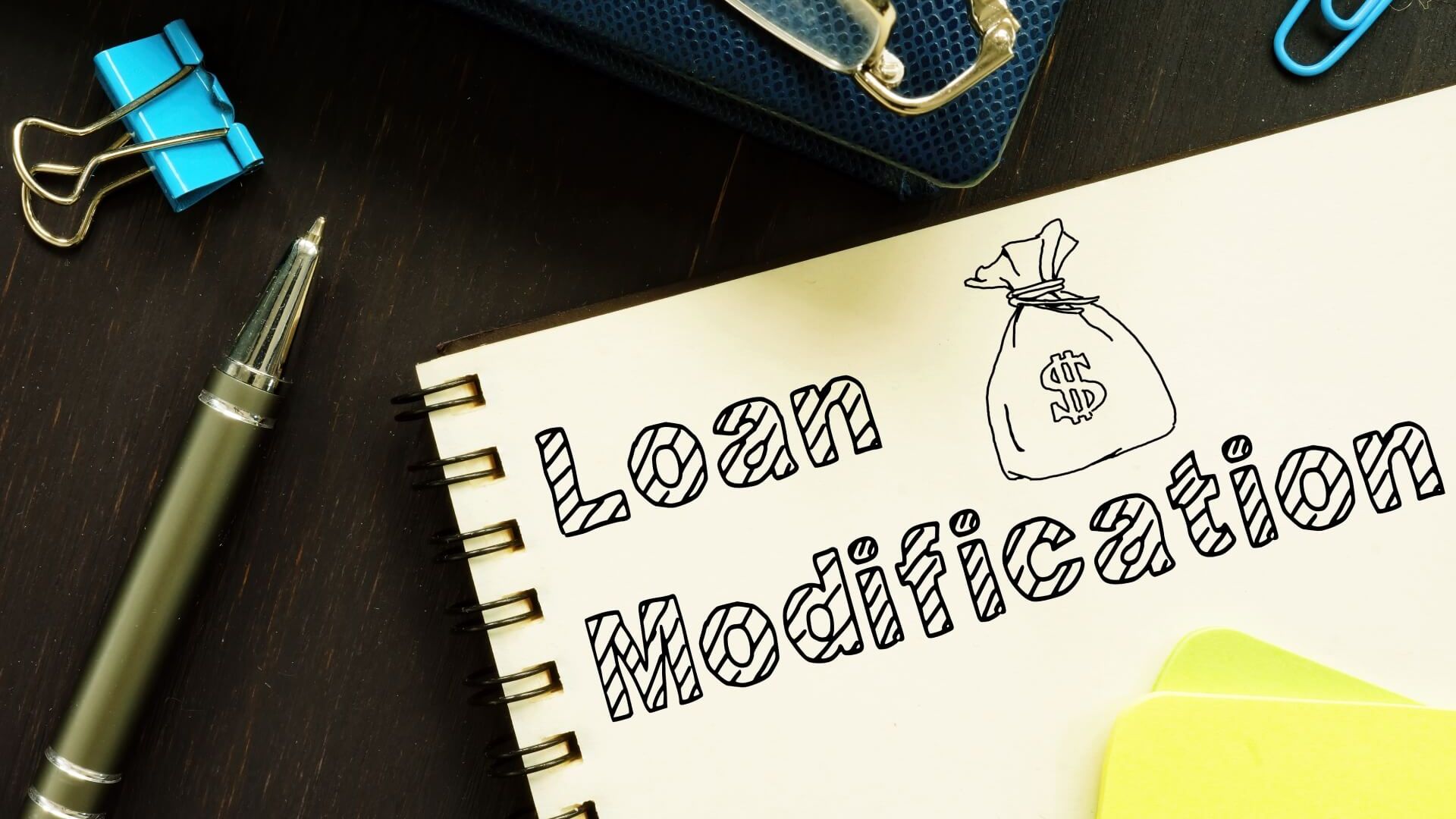Different Ways to Modify Your Loans

Different Ways to Modify Your Loans: A Complete Guide
Homeownership can feel overwhelming when financial hardships strike. Unemployment, medical bills, divorce, or reduced income can make your mortgage payments unmanageable, leaving you wondering if foreclosure is inevitable. The good news? Loan modifications offer a lifeline that can help you keep your home while making your payments more affordable.
Loan modification attorney Michael Schwartz explores the various ways to modify your loans, from extending payment terms to reducing interest rates. You'll learn about specific programs for different loan types, understand when modification makes sense, and discover alternatives if modification isn't the right fit for your situation.
Understanding Loan Modifications
A loan modification is a permanent change to one or more terms of your existing mortgage. Unlike refinancing, which creates an entirely new loan, modification adjusts your current loan to make payments more manageable. Lenders agree to these changes because helping you avoid foreclosure is often more cost-effective than going through the lengthy, expensive foreclosure process.
Homeowners typically consider modifying loans when they face financial hardships such as job loss, significant medical expenses, divorce, or reduced income. The key requirement is demonstrating genuine financial difficulty while showing you can maintain the modified payment schedule.
Common Loan Modification Options
1. Extended Loan Term
The most common modification involves extending your repayment period. Instead of a standard 30-year mortgage, your lender might extend the term to 40 years. This spreads your remaining balance over more months, reducing your monthly payment significantly.
- Benefits: Lower monthly payments make your mortgage more affordable immediately.
- Drawbacks: You'll pay more interest over the life of the loan, and it takes longer to build equity in your home.
2. Reduced Interest Rate
Lenders may lower your interest rate either permanently or temporarily. A permanent reduction provides long-term relief, while temporary reductions often increase gradually over several years until reaching a predetermined rate.
This modification can dramatically decrease both your monthly payment and the total interest paid over time, especially when combined with other modification options.
3. Principal Forbearance or Deferral
With principal forbearance, your lender postpones part of your principal balance until the end of your loan term or until you sell or refinance. This reduces your current monthly payment since you're temporarily paying less toward the principal.
The deferred amount doesn't disappear — it becomes due as a balloon payment later. However, this option provides immediate relief when you need it most.
4. Capitalization of Arrears
If you've missed payments, lenders can add past-due amounts to your outstanding principal balance and create a new payment schedule. This brings your loan current and eliminates the immediate threat of foreclosure.
5. Combination Modifications
Many lenders create customized plans combining multiple modification types. You might receive a rate reduction, term extension, and capitalization of arrears all in one package, maximizing your payment reduction.
Alternatives to Loan Modifications: Chapter 13 Bankruptcy
Chapter 13 bankruptcy can stop foreclosure and create a court-supervised repayment plan for all your debts, including mortgage arrears. This comprehensive approach addresses multiple financial challenges simultaneously.
Seeking Legal Assistance From Michael Schwartz
Navigating loan modification can be complex, especially when dealing with unresponsive servicers or denied applications. Professional guidance becomes valuable when you're facing imminent foreclosure, dealing with multiple liens, or exploring bankruptcy as an alternative.
Bankruptcy attorneys understand both modification processes and alternative solutions. They can advocate on your behalf with lenders, ensure proper documentation, and help you understand all available options.
Taking Action to Protect Your Home
Modifying your loans offers hope when mortgage payments become unmanageable. Whether through extended terms, reduced interest rates, or customized combination plans, modifications can provide the breathing room needed to stabilize your finances and keep your home.
Bankruptcy Attorney Michael Schwartz is well-versed in the nuances of loan modification work and can guide you through the process with your existing loan. He can also offer alternative solutions, such as Chapter 13 bankruptcy, if a loan modification isn't feasible. Remember, the sooner you act, the more options you'll have.
Reach out for a FREE consultation with Michael Schwartz and explore the best course of action for your situation. Trust in his legal skill to help you navigate these challenging financial waters.



